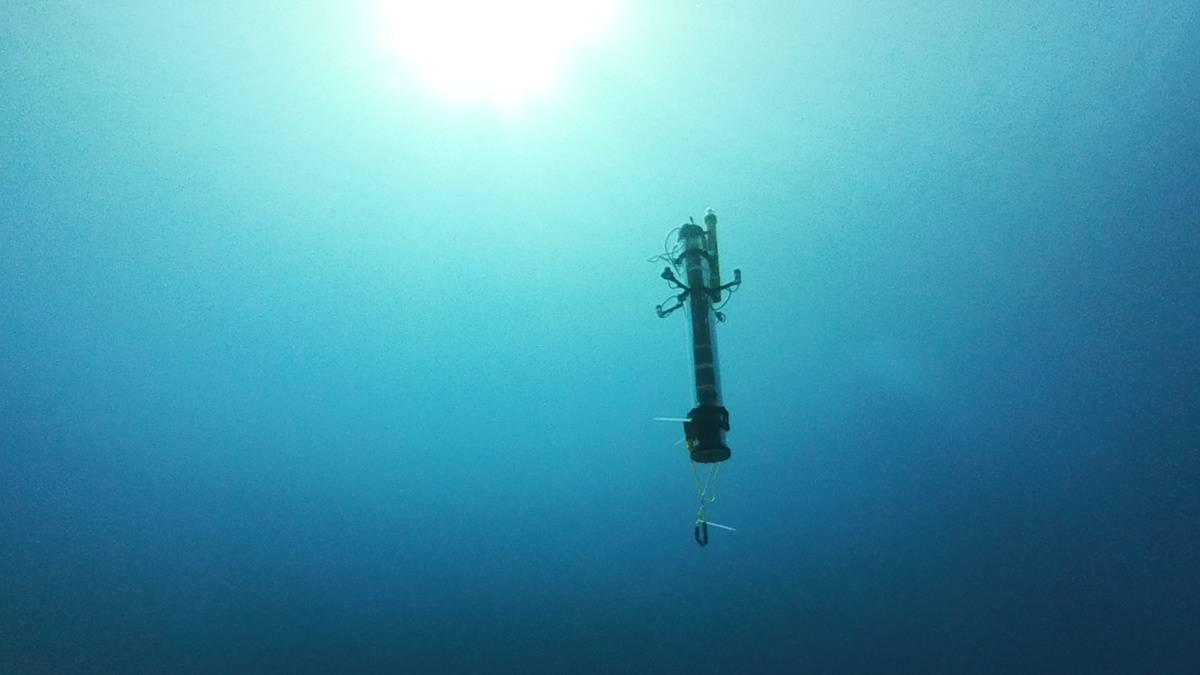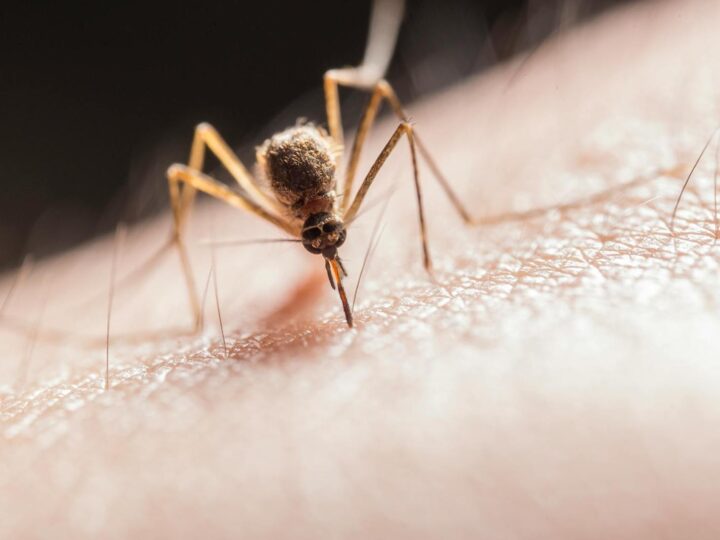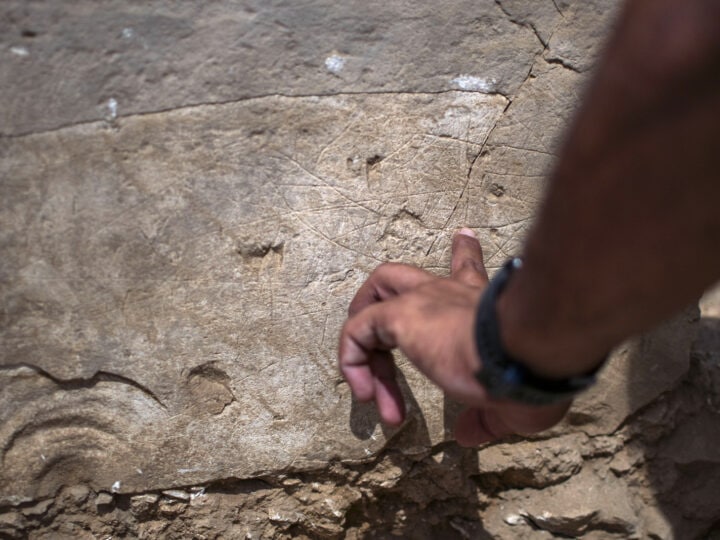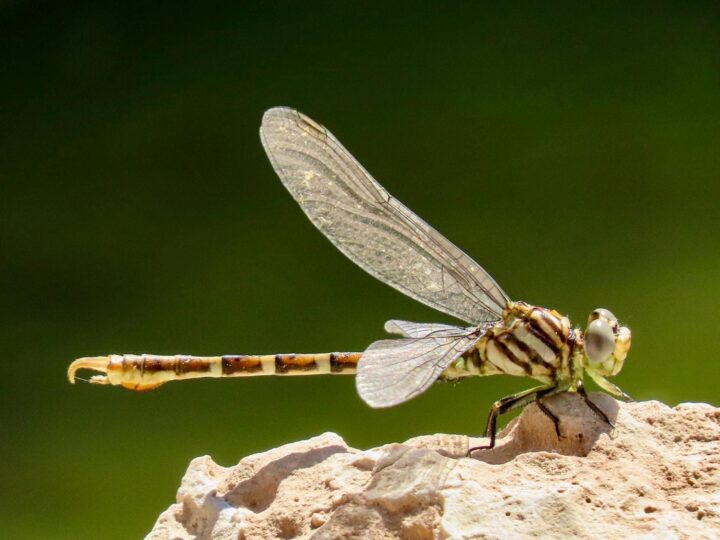The University of Haifa recently won a global sustainable fishing contest for developing underwater robots that help prevent overfishing and harm to marine ecosystems.
The project, led by Prof. Roee Diamant from the department of marine technologies, saw the development of a swarm of low-cost, underwater autonomous robots that coordinate for better acoustic detection and estimation of fish populations.
The Israeli university was among 10 organizations and universities around the world to share a total of $3.5 million in grants from Schmidt Marine Technology Partners, a program of the Schmidt Family Foundation led by former Google CEO Eric and his wife Wendy Schmidt.
“Tens of millions of jobs around the world depend on fisheries, and seafood is the primary protein source for 3 billion people,” Wendy Schmidt says of the contest.
“The innovators chosen to receive these grants are ensuring that fishers and fisheries – and by extension all of us who rely on them – are secure and sustainable worldwide.”
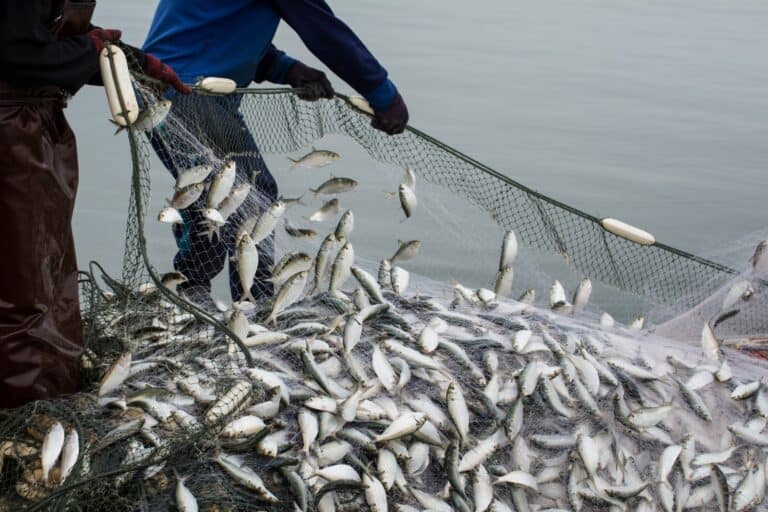
Out of 200 applications from around the world, 10 projects were selected for a grant ranging from $150,000 to $500,000.
Entries included research projects from Canada, South Africa and Norway on subjects such as improving data collection on fisheries and fish populations, reducing bycatch and the prevention of illegal fishing.
Diamant specializes in underwater acoustics, sonar, communications and autonomous underwater vehicles. He previously led research on a system that identifies and estimates underwater animal populations by their sound or wavelength, with a view that such data can help determine maritime policy and prevent sailing ships from causing them harm.
Fighting for Israel's truth
We cover what makes life in Israel so special — it's people. A non-profit organization, ISRAEL21c's team of journalists are committed to telling stories that humanize Israelis and show their positive impact on our world. You can bring these stories to life by making a donation of $6/month.





